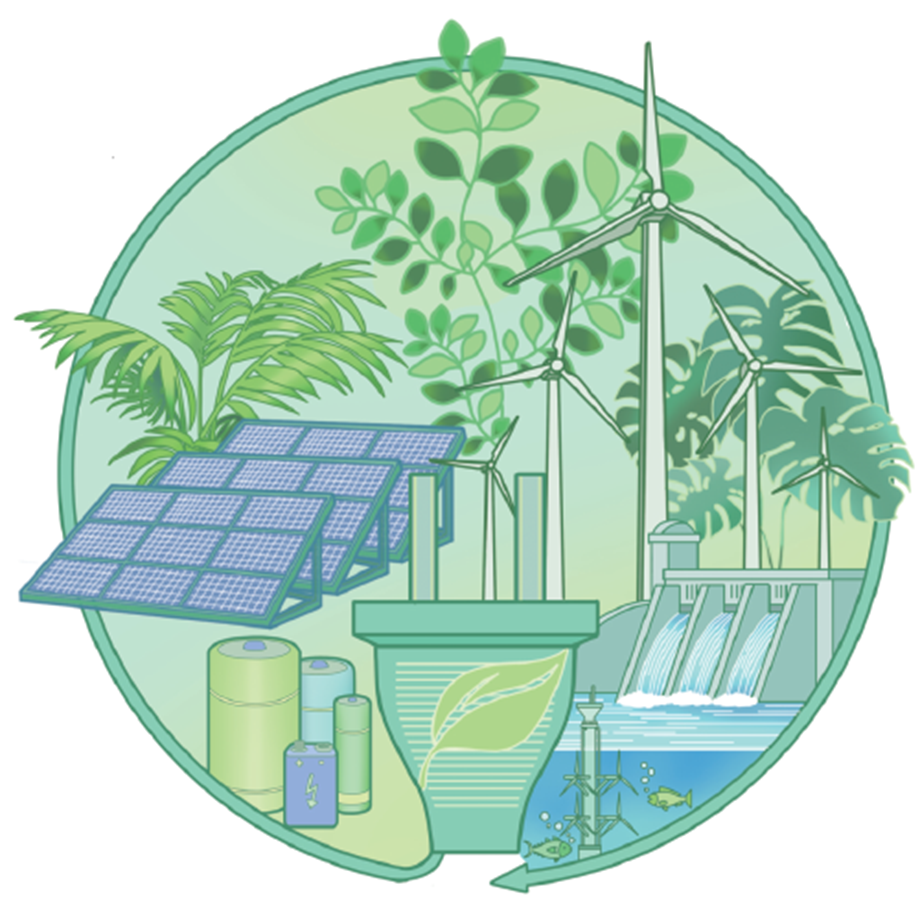Deal with climate in a sustainable way
 JIN DING/CHINA DAILY
JIN DING/CHINA DAILY
The United Nations Intergovernmental Panel on Climate Change released the third part of its Sixth Assessment Report on Monday. As with the earlier reports, the IPCC's latest report is based on scientific research, and evaluates global greenhouse gas emissions and emission reduction paths under different temperature rise scenarios, and the impact of climate change mitigation and adaptation measures.
Since the latest IPCC report also analyzes situations from policymakers' perspective, it can become an important reference for China to make scientific plans and achieve the goals of peaking carbon dioxide emissions before 2030 and realizing carbon neutrality before 2060.
The IPCC report says global greenhouse gas (GHG) emissions continued to increase between 2010 and 2019, but the average growth rate was lower than in the previous decade, slowing from an average of 2.1 percent a year in the 2000-2009 period to 1.3 percent in 2010-19.
About 2.4 trillion tons of CO2 emissions were caused by humans from 1850 to 2019, half of which were actually released before 1990.And global CO2 emissions in 2020 were 5.8 percent lower than in 2019 due to the COVID-19 pandemic, the report says.
And to keep global temperature rise to below 2 C, the world needs to reach net-zero CO2 emissions by the early 2070s-and achieve the net-zero emissions goal by the early 2050s, as well as effectively limit emissions of non-carbon GHGs such as methane to keep global temperature rise to below 1.5 C. In fact, the energy sector has the potential to contribute to three-fourths of global emissions cut of CO2.
Besides, to keep temperature rise to below 2 C, the global use of coal, oil and natural gas has to be reduced by 85 percent, 30 percent and 15 percent respectively by 2050 from the 2019 levels-and by 95 percent, 60 percent and 45 percent if the world tries to ensure temperature rise below 1.5 C.
The IPCC reports have always carried out systematic assessments based on published literature around the world. That's why the latest IPCC report proposes fair and equitable development transformation at the global, national and local levels after minutely analyzing the close link between climate change mitigation and adaptation, and the development path, and assessing the challenges and opportunities facing countries at different stages of economic development.
Emphasizing that science and policy are closely linked, the report says robust climate actions need to be taken to truly achieve sustainable development. The report not only says that the speed and scale of climate actions vary from region to region and sector to sector, but also stresses that interactions between countries and regions as well as those within and among sectors be strengthened, and climate actions coordinated through climate policy, financial assistance, technology transfer and capacity building.
These new assessments provide a new scientific basis for governments to make more equitable and pragmatic decisions, so as to achieve sustainable development.
Realizing the dual carbon goals is essential for China to achieve high-quality development and honor the commitment it made to the international community. China's target to realize carbon neutrality before 2060 is consistent with not only the climate change mitigation path suggested by the IPCC report but also the targets set by the Paris Agreement. It shows that China, as a responsible major country, remains committed to helping build a community with a shared future for mankind.
To achieve the two goals, China has been expanding its wind power sector, increasing photovoltaic panel production capacity, strengthening hydropower and other renewable energy sectors, and accelerating the construction of a new power system that would include renewable energy sources.
Reducing the use of fossil fuels and increasing the generation of clean and renewable energy are the only way to achieve the dual carbon goals, and solve the climate and environmental problems. Therefore, countries across the world should take more targeted measures to reduce emissions so they can peak their CO2 emissions at the earliest, develop and use carbon-neutral technologies, and generate as much clean and renewable energy as possible to boost the global fight against climate change.
China is an important contributor to the IPCC reports, and has played a key role in the establishment and reform of the IPCC. As the leading contributor to the IPCC's work in China, the China Meteorological Administration will continue to participate in global scientific assessments, interpret and publicize the IPCC reports, and take forward the IPCC cause. It will also continue to provide scientific and technological support for China so it can play a bigger role in global climate governance.